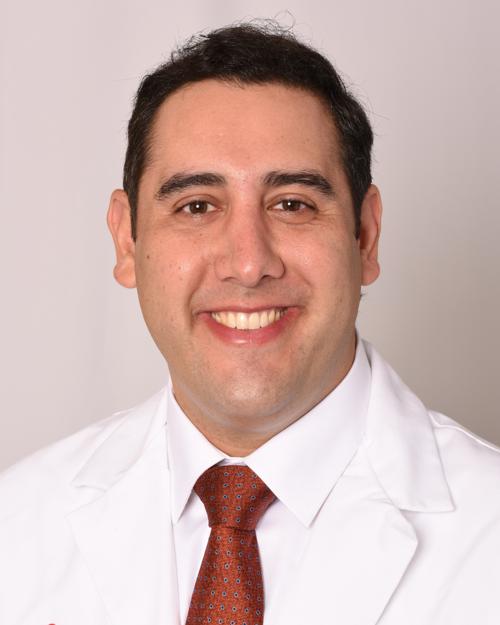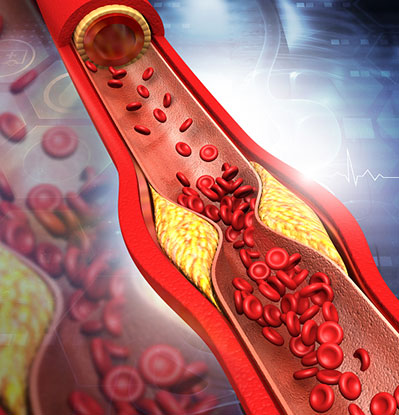Uncommon Warning Signs of Heart Disease

January 19, 2023
When you think of heart disease, you may think of chest pain or an irregular heartbeat. But it’s important to also recognize less commonly known symptoms.
“Heart disease is the most common cause of death in the U.S.,” says Daniel Kiss, M.D., cardiologist at Jersey Shore University Medical Center. “Getting diagnosed, taking medication and making lifestyle changes may help you avoid complications.”
Uncommon Symptoms of Heart Disease
While these symptoms may also be indicative of other conditions, they are some of the less commonly known symptoms of heart disease. Seek guidance from your doctor if you believe that you have these symptoms:
- Shortness of Breath. If you’re suddenly getting winded from your usual activities, see your doctor for advice. Feeling exhausted without exerting yourself may be a symptom of heart disease.
- Dizziness. People with heart rhythm disorders may feel lightheaded or dizzy at times. This may happen if the heart is not pumping in a normal rhythm or rate.
- Snoring. This may be a sign of sleep apnea, especially if you are gasping for air. Untreated sleep apnea increases the risk of heart disease, irregular heart beats, heart failure and stroke.
- Leg pain. Do your calves ache when you walk or exercise but feel fine while sitting? This may be a sign of peripheral artery disease, which is linked to heart attack and stroke risk.
- Swollen ankles. If your ankles used to be slender and are now swollen, tell your doctor. It may be a sign of heart failure, a condition where the heart does not pump effectively.
“Women present differently than men. They are more likely to experience atypical symptoms, not the classic chest pain that you see on TV shows,” says Jason Sayanlar, M.D., FACC, cardiologist at Hackensack University Medical Center. “Women with shortness of breath, abdominal discomfort, dizziness or fatigue should talk to their doctor about heart screening.”
Adds Howard Noveck, M.D., cardiologist at JFK University Medical Center, Old Bridge Medical Center and Raritan Bay Medical Center: “Getting a diagnosis and managing heart disease may reduce the risk of complications, like heart attack or stroke.”
Heart-healthy Lifestyle Changes
These habits may help lower your risk of heart disease:
- Eat a diet rich in fruits, vegetables, nuts, seeds, whole grains and lean protein
- Walk or get other moderate physical activity for at least 30 minutes a day
- Keep your weight in a healthy range
- Plan to sleep for seven to nine hours every night
- Quit smoking, if applicable
- Know your cholesterol levels and manage them with your doctor’s help
- Know your blood-pressure levels and manage high levels with diet modifications or medication
- Know and manage your blood-sugar levels, particularly if you have diabetes
Next Steps & Resources:
- Meet our sources: Daniel Kiss, M.D., Jason Sayanlar, M.D., FACC, and Howard Noveck, M.D.
- To make an appointment with a cardiologist near you, call 800-822-8905 or visit our website.
The material provided through HealthU is intended to be used as general information only and should not replace the advice of your physician. Always consult your physician for individual care.









